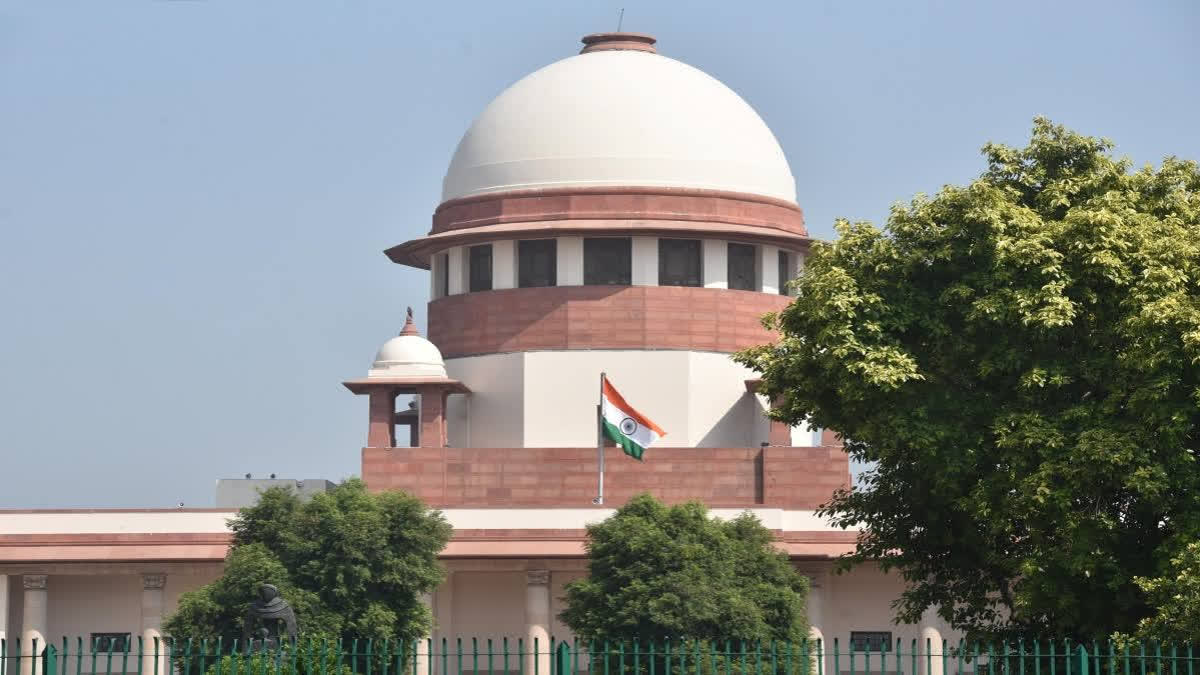New Delhi: The Supreme Court on Friday minced no words in strongly criticising the Municipal Corporation of Delhi (MCD) about the untreated solid waste in the capital saying that 3,000 tonnes of untreated solid waste per day in Delhi may lead to a "public health emergency”. The apex court made it clear that it will ensure the implementation of the Solid Waste Management Rules in the national capital even at the risk of being called "unfair".
A bench led by Justice AS Oka and comprising Justice Augustine George Masih said the court is concerned regarding the poor implementation of the Solid Waste Management Rules in the capital. Slamming the MCD, the bench said the capital generates over 11,000 tonnes of solid waste every day, however, the daily capacity of processing plants made available by the corporation was only 8,073 tonnes.
The bench said, as per MCD’s affidavit, there is no possibility of creating treatment facilities even till 2027 to deal with 11,000 tonnes of solid waste, which is generated every day. Senior advocate Aparajita Singh, amicus curiae in the matter related to solid waste management, contended that this may lead to a public health emergency as there is data, both in Indian and foreign journals, that people are dying because of pollution in the country. “We agree with the amicus curiae that this will lead to a public health emergency," said the bench.
Expressing its concern, the bench said if a solid waste of above 3,000 tonnes per day remains untreated, then what will happen in the future when solid waste multiplies many times and criticised the MCD for providing a solution to tackle the untreated solid waste?
"Assuming that the timelines mentioned therein are abided by, there is no possibility of creating (additional treatment) facilities in Delhi even till 2027 which will have the capacity to deal with 11,000 tonnes of solid waste every day," said the bench. The apex court said it is a sorry state of affairs when it comes to implementation of Solid Waste Management Rules, 2016, in the capital city.
The bench directed the secretary of the Union Environment Ministry to convene a meeting of officials of the MCD and the Delhi government to work out an immediate solution to the issue. During the hearing, Justice Oka said he is used to allegations about being unfair for the last 21 years. "We don't get provoked by such allegations," he said. The apex court has scheduled the matter for further hearing on September 6.
Read more: 'No Adequate Water Supply, No Proper Sanitation System….': SC Concerned On Detention Centre In Assam



